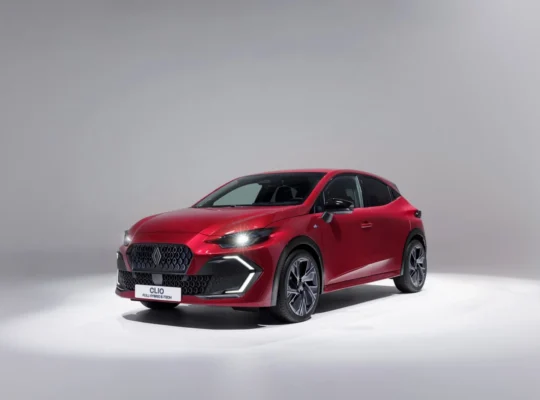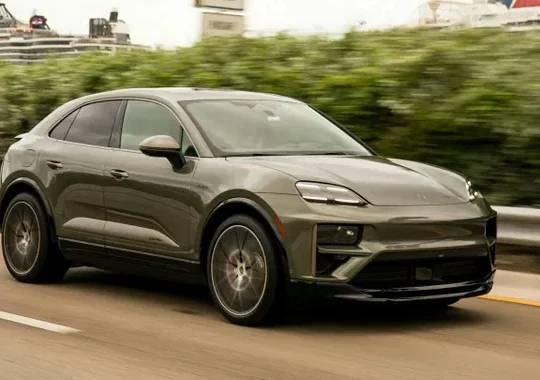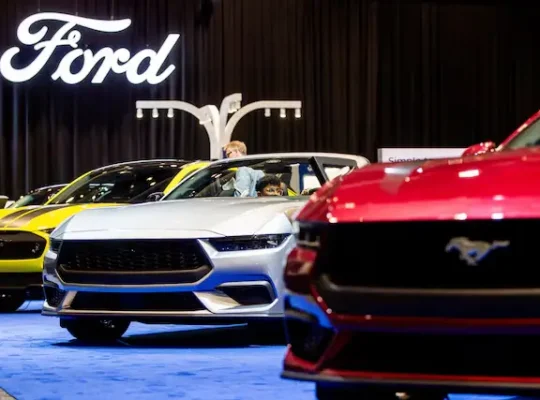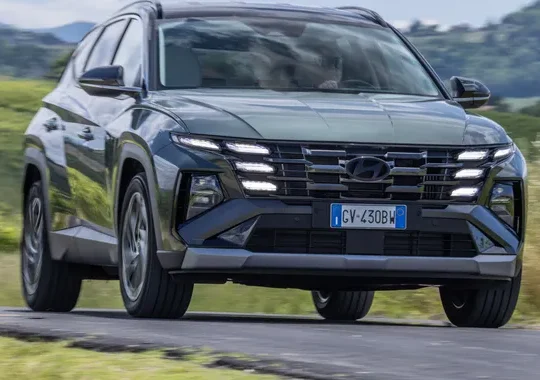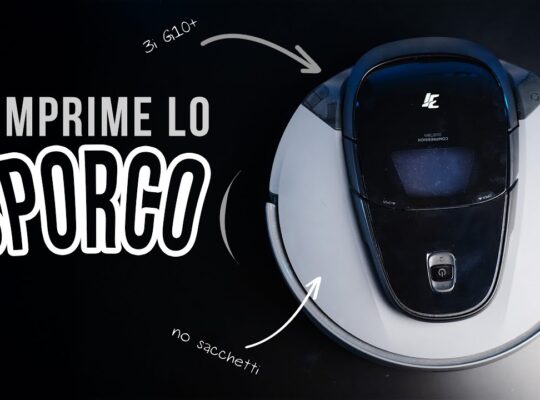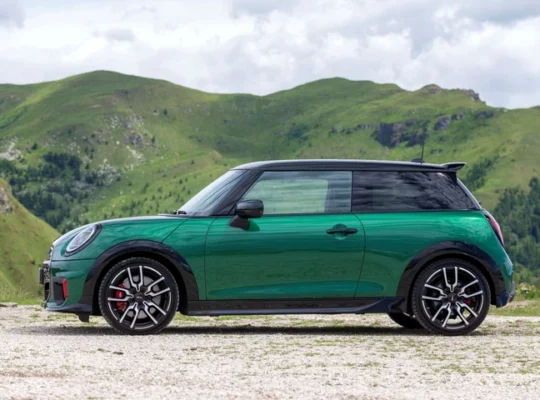
In these days of great heat, ENEA’s advice on air conditioning systems to install in our homes comes in handy . Cooling the environments in which we live (and work) helps increase our comfort while reducing the impact on both the environment and our wallet .
Air conditioning
In Italy there is ” an enormous potential for efficiency improvement available “, reminds us the head of the ENEA Energy Efficiency in Buildings and Urban Development Laboratory Nicolandrea Calabrese:
[…] there are currently installed – between autonomous and centralized systems – over 19 million gas boilers, of which at least 7 million are more than 15 years old. […] there are 1.7 million mono and multi-split air conditioners installed before 2013, much less efficient than the current ones and now close to their end of life.
Opting for a single heat pump system that cools in summer and heats in winter can represent the optimal solution from an energy and economic point of view:
[…] a typical family living in an apartment of approximately 70m2 can reduce the costs of summer and winter air conditioning by 49% in Naples, 47% in Rome and 46% in Milan.
Added to this are:
- the benefits that are obtained when the heat pump is combined with photovoltaic systems and electrical storage systems
- the tax deductions currently in place
For expenses incurred in 2025, the deduction is 36%, increased to 50% in the case of a primary residence; instead, for expenses in the years 2026, 2027, the deduction is 30% or in the case of a primary residence 36% – Revenue Agency
10 VALUABLE TIPS FROM ENEA

REGULAR MAINTENANCE
An air conditioner without maintenance consumes up to 30% more than expected: this should quickly convince us to schedule regular maintenance of our system, having the refrigerant circuit pipes, air filters and fans checked (not cleaning them means exposing yourself to the risk of mold and bacteria, including legionella). System booklet and periodic checks are mandatory for systems >12kW (summer) and >10kW (winter).
TECHNOLOGY AND ENERGY CLASS
The higher the energy class, the less the air conditioner consumes. A class A+++ product saves about 40% of energy compared to a class B product. The presence of inverter technology increases, yes, the selling price if compared to the “on-off” one, but it makes the product more energy efficient, offers more well-being and guarantees greater savings over time.INCENTIVES
These are the incentives currently available for the purchase of air conditioners:
- purchase of air conditioner in case of renovation or extraordinary maintenance
- of the main residence: 50% Home Bonus
- of the second home: Home Bonus 36%
- purchase of a high efficiency heat pump air conditioner to replace a lower class one
- of the main residence: Ecobonus 50%
- of the second home: Ecobonus 36%
NOTE: If you purchase an air conditioner by December 31, 2025, the bonus allows you to benefit from a tax deduction of up to 50%.
POSITION
The internal split should be positioned in the upper part of the wall , as cold air tends to descend. The external part should be installed sheltered from the sun and bad weather.
FIXTURES
Keeping the shade inside the house during the hottest hours of the day helps reduce the energy input of the air conditioner. It is not recommended to open windows to change the air during the day because this forces the system to do extra work of dehumidification and cooling. It is better to wait for the evening, when the outside temperature is lower (tropical nights permitting).TEMPERATURE
It is useless to set the air conditioning to low temperatures, the current legislation requires a minimum of 26°C but a few degrees more can be enough (you have cooling up to 2/3 degrees less than outside). Sometimes even just the dehumidification function is enough .
NUMBER OF SPLITS
It is better to install split units in each room rather than in the corridor, where the cool air remains trapped without reaching the desired rooms.
USE OF OTHER APPLIANCES
TVs, computers, appliances and other electronic devices not only consume, but also heat up . So it is better to avoid using them during the hottest hours of the day.
COOLING PROGRAMS
Setting cooling schedules, especially at night or when you are not at home , helps save energy and money.
ENERGY DIAGNOSIS
Having an energy diagnosis of your home done by a specialized technician is an excellent solution to identify any inefficiencies and losses and to define any interventions to be carried out.



